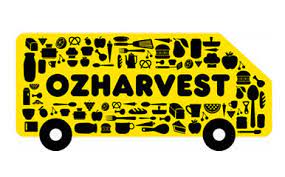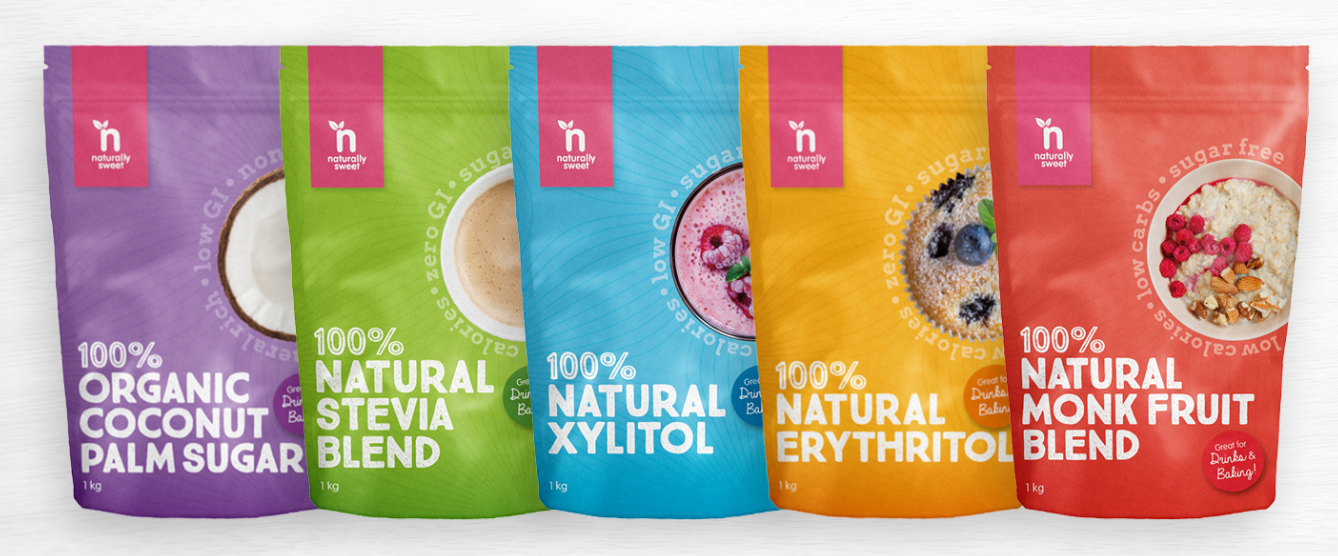“It was surprising to find that the NNS were able to induce weight gain without an increase in total caloric intake, suggesting that other mechanisms such as decreased caloric expenditure may occur after NNS use,” they added. “We speculate that a decrease in energy expenditure or increase in fluid retention might be involved.”
Study details
Bertoluci and his team fed 29 male Wistar rats a plain yogurt sweetened with either 20% sucrose, 0.3% sodium saccharin or 0.4% aspartame, in addition to chow and water ad libitum, while physical activity was restrained. The team then measured cumulative body weight gain, total caloric intake, caloric intake of chow and caloric intake of sweetened yogurt for 12 weeks.According to their analysis, Bertoluci and his colleagues found the addition of either saccharin or aspartame to yogurt resulted in increased weight gain compared to the addition of sucrose, despite total caloric intake being similar between all the groups. “Although saccharin and aspartame promoted relatively fewer calories from yogurt intake when compared to sucrose, increases in calories from chow intake effectively compensated for decreases in calories from yogurt, in such a way that there was a similar total caloric intake among all groups after the 12-week period of the experiment,” said the authors. “These data are consistent with the hypothesis that animals adjust for calories consumed on one occasion by reducing their caloric intake on subsequent opportunities to eat,” they said. Bertoluci and his team said further studies that address energy expenditure after NNS exposure in rats, in addition to long-term clinical trials to evaluate weight gain increases in humans, are now needed.



